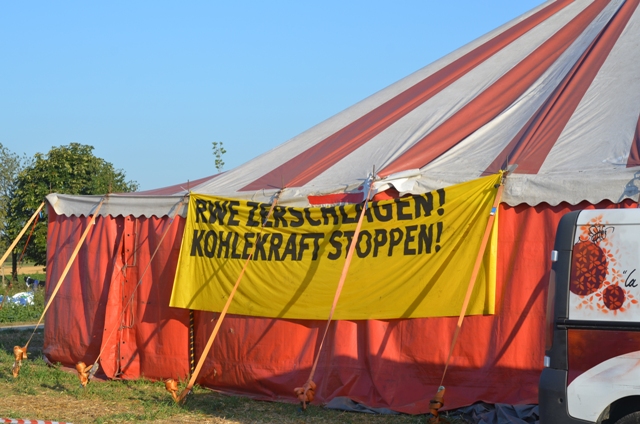24/7 – For years, BER and its members have been working together on the vision of One World City Berlin: a globally just, anti-racist, and sustainable city. We are guided by the question of how to collectively transform our city. With this in mind, we are committed to a development policy that aims to dismantle global injustices shaped by racism, capitalism, patriarchy, and colonialism, in collaboration with actors in the city.
We would like to invite you to join us in discussing strategies to transfor the city and gathering inspiration from good examples and alliances from practice. Our goal is to consider global justice and to strengthen grassroots democracy, decolonization, fair economy, and partnerships between the Global North and the Global South in urban society.
The aim of the conference is to create spaces for discussion and networking, exchange ideas for political practice, strengthen alliances and share knowledge through two discussion panels as well as a variety of workshop formats.
More information here.

On June 6th we will once more celebrate the Global Degrowth Day (GDD). On this day, like last year, we want to show that there are alternatives to the capitalist growth society and that a good life for all is possible! This time of multiple crisis can be overwhelming, but it is also a crucial moment to re-think how we live and how societies are organized. Degrowth is a powerful tool to e...
Previous global ‘efforts’ to tackle climate breakdown have failed dramatically, because they have been based on a fundamentally flawed economic paradigm: growth. The concept of growth is an altar at which economists, politicians and businesspeople across the political spectrum have worshipped for decades. Unfortunately, where the planet’s long-term habitability is concerned, it is this obsessi...

For our Degrowth in Action - Climate Justice Summer School 2015 we are currently looking for contributors to our courses. The summer school will take place from 9 to 14 August 2015 in the lignite-mining region of the Rhineland in cooperation with the annual climate camp. The courses will be at the centre of the Summer School and run for 4 or 2 days, thus giving the opportunity to dive deeper in...